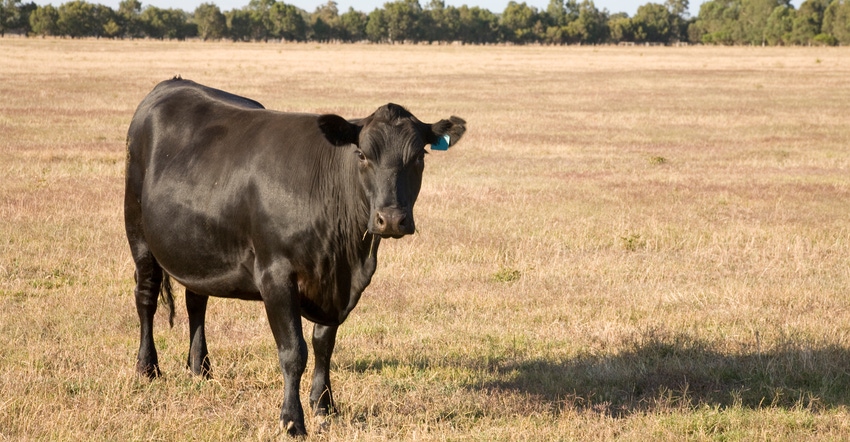August 27, 2021

As long as there has been language, there has been miscommunication.
Nowhere is that more painfully obvious than when you’re working cattle with your family. We raised Angus cattle, and I can’t tell you how many times my father hollered at us on the gate, “Hold that black heifer!”
Really, Dad? Which black heifer would that be? The one holding her tail to the left, or the right?
Assumptions
Communication errors happen when one party assumes the other party knows what’s going on, or assumes they have the same information and background for decision-making.
I always assumed everyone understood the circle of life on a farm, because it was part of my life from the moment I could say “cow,” while pointing out the window of the pickup. Cattle graze grass and leave manure, which feeds the grass. Fed cattle become not just the steak on my plate, but the leather seats in my car and the gelatin for my aspirin gelcaps. The rancher cares for the cattle and the land, because those assets, in turn, take care of the rancher’s family and their future.
I was a sophomore at K-State when, one weekend, I took a quick trip back to the farm with my roommate, who was from the Kansas City metro area.
We were walking past the bull pen, where Dad’s herd bulls were lounging in the sunshine, living their best lives. One was lying down, and his breath was chuffing in and out, low and gravelly. Now this was the song of my childhood, and it told me the bulls were happy and calm.
My friend, however, stopped and turned to me. “What is he doing?” she asked, all wide-eyed and scared.
“Breathing,” I replied.
We laughed, but it was that moment that I realized that not everyone understands what I understand about farming. From that point, I tried to put myself in the other person’s shoes whenever I tried to talk about agriculture.
Beef sustainability
This month, NCBA raised some eyebrows from a few in the cattle industry by devoting a good chunk of time and effort to addressing sustainability at the annual Cattle Industry Convention in Nashville, Tenn. The organization even rolled out its U.S. cattle industry sustainability goals.
Top of the list: Demonstrate climate neutrality of U.S. cattle production by 2040.
Marty Smith, NCBA past president, introduced the topic and explained that the committee that hashed and rehashed these sustainability goals agreed on one thing — that the effort would be to quantify the methods cattle producers already use in order to educate the public that the industry is the answer to sustainability and not the problem.
Never, he said, was it brought up to reduce cattle production in order to meet any goals.
My takeaway is that this sustainability goal is more about clearing up miscommunication with our beef consumers than forcing cattlemen to implement measures that they aren’t already doing on their farms. Or worse, cut back on cattle production when consumer demand for beef is at a 33-year high.
And, perhaps it’s also a way to clear up miscommunication with cattlemen about sustainability — and what that might mean for their operations.
It’s easy to stir up fear and mistrust. It’s a lot more complex to educate and have rational conversations once the fear and mistrust have grabbed us. In past conversations around sustainability, it’s almost been a circular firing squad of accusations between cattle producers and consumers. All because each side assumed the other was starting from the same knowledge base.
In reality, a large number of consumers just want to know that the beef on their plate was raised in a responsible fashion, and that their cheeseburger at lunch isn’t contributing to climate change or the downfall of small farms. They want to feel like they’re part of a solution and not contributing to a problem.
In reality, cattlemen want to continue to have their autonomy to raise cattle in the manner that best suits them and their resources. They don’t want government or private industry to dictate how many cattle they can raise, and how they might best use their land and water. And, I’d argue, many would like to be rewarded for the work they’re already doing — as part of the solution — through incentives, rather than regulations.
That’s what these sustainability goals and others from other groups are about. It’s using science and data to back up the anecdotal evidence cattle producers all know to be true, so that consumers can understand as well.
The work toward clearing up miscommunication around sustainability will be ongoing, but it’s vital if the beef industry is to keep beef demand growing.
You May Also Like




